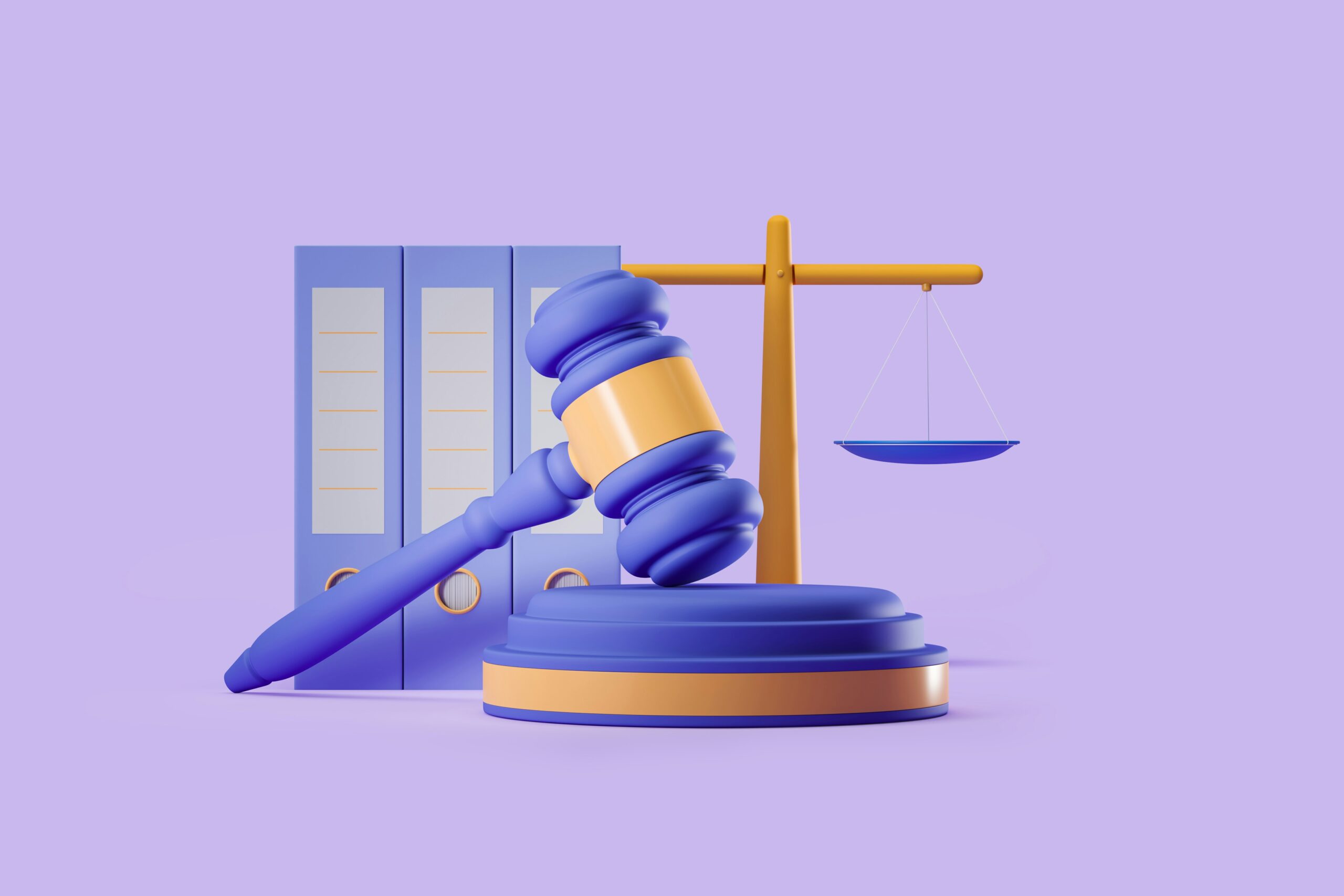
Wrongful death cases represent some of the most painful and challenging legal battles families face. When a loved one dies due to another’s negligence or intentional harm, the grief can be overwhelming. Alongside mourning, families often seek justice to hold the responsible parties accountable and to find closure. These cases blend complex legal procedures with deep emotional stakes, making the path toward justice both necessary and challenging.
Understanding Wrongful Death
A wrongful death occurs when an individual’s death results from the careless or intentional actions of another person or entity. Unlike natural death, these cases involve external factors that unlawfully cause death. Examples include car accidents caused by reckless drivers, medical malpractice, workplace accidents, or even criminal acts like assault or homicide.
Wrongful death claims differ from criminal cases. While criminal law aims to punish offenders, wrongful death lawsuits focus on compensating the surviving family members for their losses. This civil action allows families to seek financial damages for medical bills, funeral costs, loss of income, and emotional suffering. Understanding this distinction is essential for families embarking on the legal process.
The Emotional Toll on Families
Beyond legal complexities, wrongful death cases carry immense emotional weight. Families not only lose a loved one but also face the challenge of navigating legal matters during their grief. The sense of injustice can be overwhelming, intensifying anger, confusion, and despair.
For many, pursuing a wrongful death claim is a way to honor the deceased’s memory and ensure their life mattered. It can provide a sense of purpose amid tragedy and help families regain some control during a time of helplessness. However, the process requires resilience and support, as legal battles often take time and can reopen emotional wounds.
The Legal Process Involved
Filing a wrongful death lawsuit starts with proving that the defendant’s negligence or intentional actions directly caused the death. This requires gathering evidence such as accident reports, medical records, witness statements, and expert testimonies. Legal representation is crucial to navigate these requirements and build a strong case.
Statutes of limitations vary by state but typically require families to file claims within a specific period after the death. Missing this deadline can result in forfeiting the right to seek compensation. Therefore, consulting an experienced wrongful death attorney as soon as possible is vital to preserve legal rights and ensure proper case management.
Types of Damages Recoverable
Wrongful death claims allow families to recover several types of damages. Economic damages cover tangible losses like medical expenses incurred before death, funeral and burial costs, and the deceased’s expected future earnings. These financial recoveries can help ease the burden left by the sudden loss.
Non-economic damages address intangible losses such as pain and suffering, loss of companionship, and emotional distress. These are harder to quantify but represent the profound impact the death has on loved ones. Courts recognize these damages to acknowledge the profound personal loss beyond monetary value.
The Role of Justice Beyond Compensation
While monetary compensation is a key goal, wrongful death lawsuits also serve a broader purpose in delivering justice. Holding negligent parties accountable can help prevent similar tragedies from happening again. It also sends a message to society about the importance of responsibility and safety.
For families, justice might mean more than winning a case; it means recognition of their loved one’s value and the wrong that was done. This recognition can offer a degree of healing and validation, helping survivors move forward while honoring the memory of the lost person.
Challenges Faced in Wrongful Death Cases
Wrongful death cases often face significant challenges. Defendants may dispute liability, complicating the process of proving fault. Insurance companies might minimize payouts or deny claims outright. These hurdles can prolong the case and add stress to grieving families.
Furthermore, the legal process itself can be lengthy and costly. Emotional exhaustion combined with financial strain sometimes discourages families from pursuing full justice. Access to skilled legal counsel can mitigate these difficulties by providing guidance, negotiating with insurers, and advocating firmly for the family’s rights.
Importance of Early Legal Advice
Seeking legal advice early after a wrongful death is essential. A knowledgeable attorney can help collect evidence promptly, meet filing deadlines, and navigate the complex legal landscape. Early involvement also increases the chance of a fair settlement or a successful trial outcome.
Additionally, early legal counsel can help families understand their rights and options. They can clarify what compensation to expect and what to prepare for emotionally and financially. This clarity can reduce uncertainty and empower families during a difficult time.
Moving Forward While Honoring the Past
The journey through a wrongful death case is never easy, but it is a vital step for many families seeking justice. Pursuing the case can provide a way to honor the deceased’s life and legacy. It allows survivors to stand up against negligence and demand accountability.
While the loss will always remain, the process of seeking justice can bring a measure of peace and closure. Families who move forward with determination help ensure that their loved one’s memory inspires change and responsibility. In this way, honoring memory and seeking justice become inseparable parts of healing.
This article sheds light on the complexity and significance of wrongful death cases. Families who take on this challenge not only pursue financial recovery but also strive for accountability and respect for their lost loved ones. It is a difficult path that ultimately honors life through the pursuit of justice.